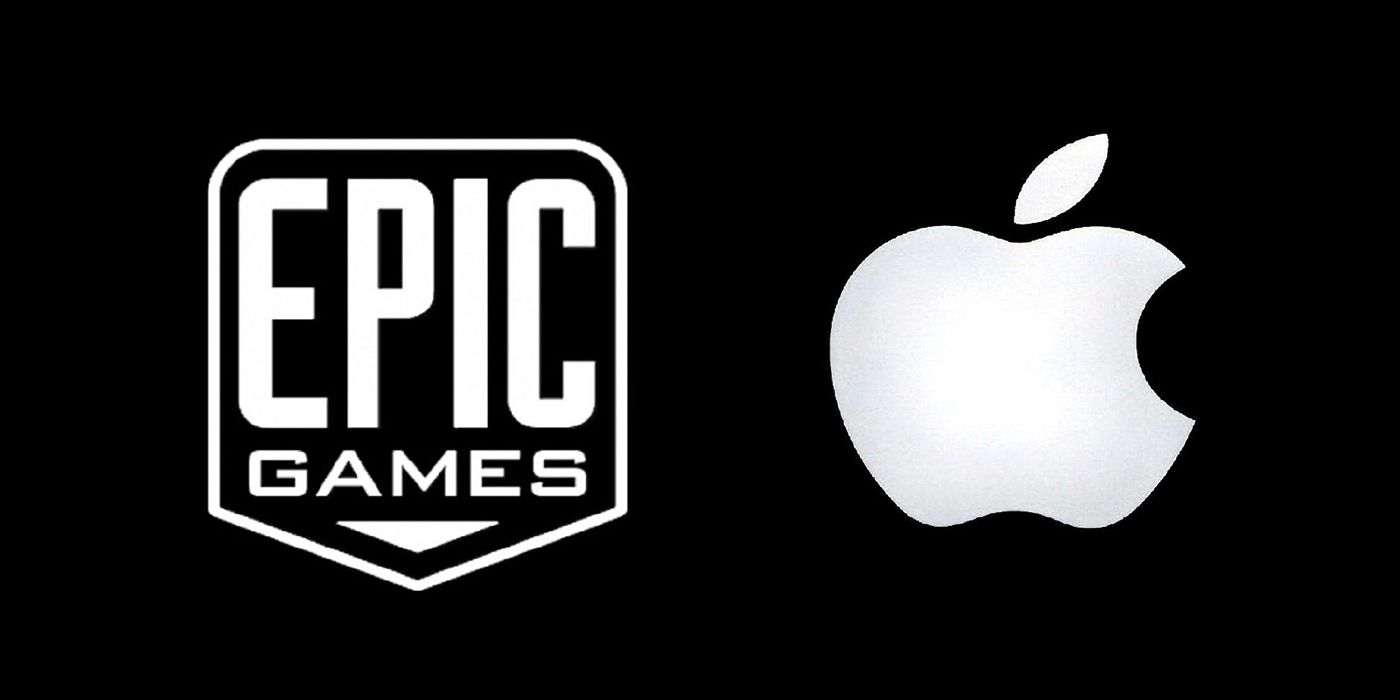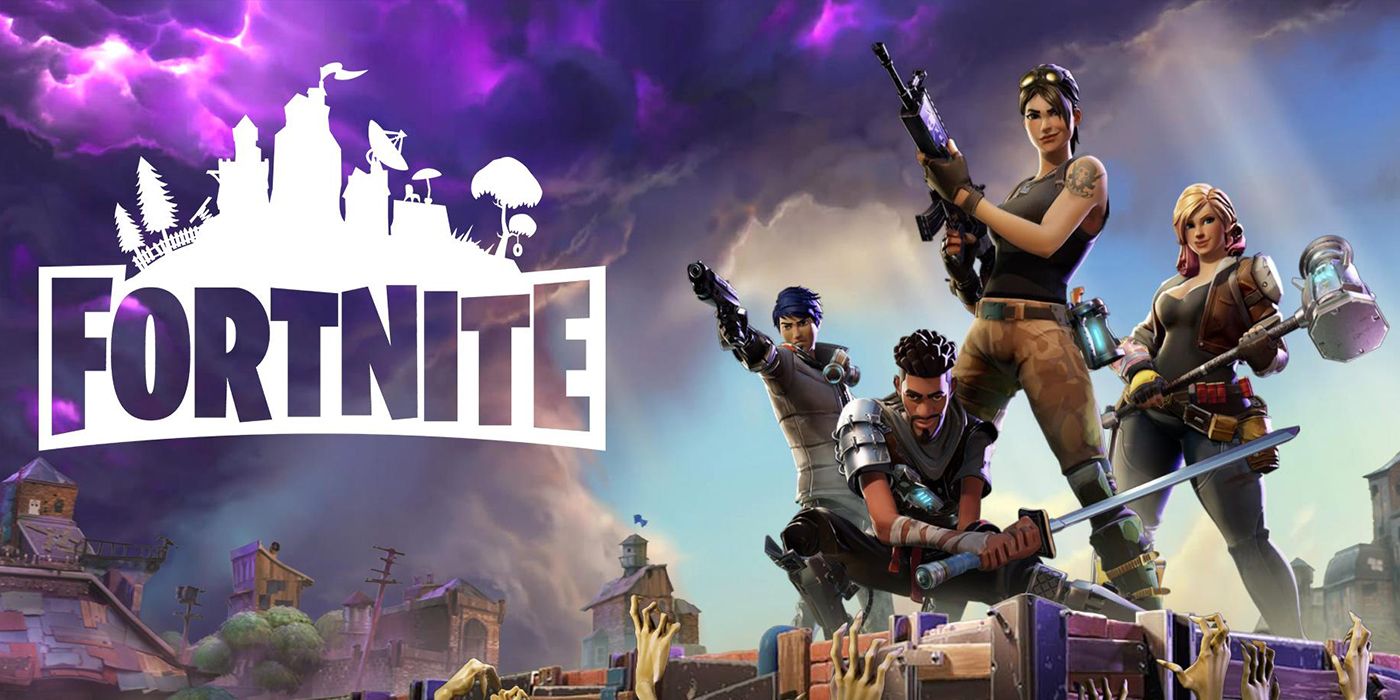Last week, Epic Games sued Apple after the company removed Fortnite from the iOS App Store. Epic Games had released an update for Fortnite that allowed players to bypass the App Store's in-app purchase system to buy V-bucks within the free-to-play title, violating Apple's Terms of Service. But instead of just stopping there, Apple additionally cut all other ties with Epic Games, informing the company that all of its developer accounts and access to all iOS and Mac development tools would officially be terminated on August 28.
In response to this, Epic filed for a restraining order that would temporarily prevent Apple from taking such actions, and was quoted as to saying that they would have a "devastating" impact on the company. Just today, Apple filed its opposition to Epic's request, stating that Epic's troubles are a result of its own actions and that everything would go away if Epic were to just undo its violating update.
The filing states: "Epic’s agreements with Apple expressly spell out that if an app developer violates the rules of the App Store or the license for development tools—both of which apply and are enforced equally to all developers large and small—Apple will stop working with that developer. Developers who work to deceive Apple, as Epic has done here, are terminated."
The filing continues, explaining that "when Epic willfully and knowingly breached its agreements by secretly installing a 'hotfix' into its app to bypass Apple’s payment system and App Review Process, it knew full well what would happen and, in so doing, has knowingly and purposefully created the harm to game players and developers it now asks the Court to step in and remedy."
Apple's opposition to the restraining order request goes against Epic's broader allegations, which include Apple operating as a monopoly, that in-app purchases qualify as a separate product, and that its case has a high likelihood of success on its merits. But clearly, the biggest factor at stake here is that Epic was the one to cause all of this to happen. The filing states that "equity does not favor Epic because it has unclean hands... Epic has undeniably breached its agreement with Apple, and a party breaching a contract, as Epic here, has no standing to seek equitable relief."


